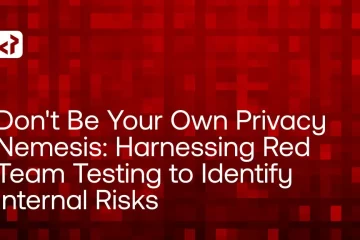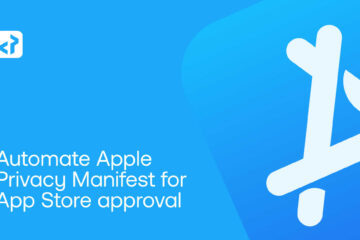Welcome to our Guide on Data Protection Impact Assessments (DPIA)
Hey there! If you’re looking to navigate the complexities of data protection laws like the UK GDPR, you’re in the right place. The Data Protection Impact Assessment (DPIA) is your trusty tool in ensuring compliance and safeguarding personal data. And at the heart of it all is the Data Protection Officer (DPO) – your go-to expert for identifying and mitigating risks related to data processing.
Let’s dive into the world of DPIAs and explore how the DPO plays a crucial role in protecting individuals’ rights and steering organizations away from regulatory pitfalls.
When Do You Need to Conduct a DPIA?
According to Article 35 of the UK GDPR, a DPIA is a must when processing activities pose a high risk to individuals’ rights. This could include handling sensitive data on a large scale or implementing new technologies. Your trusty Data Protection Officer is here to guide you on whether a DPIA is necessary and ensure that risks are managed effectively.
How to Rock Your Data Protection Impact Assessment
Ready to roll up your sleeves and dive into the DPIA process? Here’s a sneak peek:
- Describe the processing activity: Lay out the who, what, and why of processing personal data.
- Assess necessity and proportionality: Make sure your processing is justified and consider less invasive alternatives.
- Identify risks: Pinpoint potential impacts on individuals’ rights.
- Propose mitigation measures: Draft a plan to tackle those risks head-on.
With your DPO by your side, ensure your DPIA process meets compliance standards and sets you on the path to successful risk assessment and mitigation.
In-House or Outsourced DPIA: The Big Decision
Deciding between keeping DPIAs in-house or outsourcing them? It’s a tough call! While internal teams offer operational insights, partnering with a professional DPO service can bring in unbiased expertise and a thorough assessment. Let your DPO guide you towards the best approach for your organization.
Mitigating Risks and Staying Compliant
When it comes to mitigating risks, your DPO is your best friend. From encryption to staff training, they’ll recommend measures to reduce the chances of data breaches. And if risks still loom large, they’ll advise engaging with the Data Protection Authority for transparency and compliance.
Evaluating Your DPIA: The Aftermath
Once your DPIA is in the bag, your DPO will ensure all risks are addressed, safeguards are realistic, and processing activities proceed without risking individuals’ rights. And if there are red flags, they’ll recommend adjustments or halts.
Keeping a Watchful Eye: Ongoing Monitoring and Supervision
A DPIA isn’t a one-and-done deal – it’s a journey. Your DPO will monitor safeguards, confirm risk control, and adapt to evolving landscapes. Trust them to lead the charge in compliance and keep your organization on track.
In Conclusion
And that’s a wrap on our DPIA adventure! With your DPO by your side, navigating data protection compliance is a breeze. Whether you choose to handle DPIAs internally or partner with a professional service, rest assured that your data processing activities are in safe hands.
Ready to take the next step? Reach out to Formiti today for expert consultation on all things DPIA and data protection. Let’s make compliance a seamless journey!



